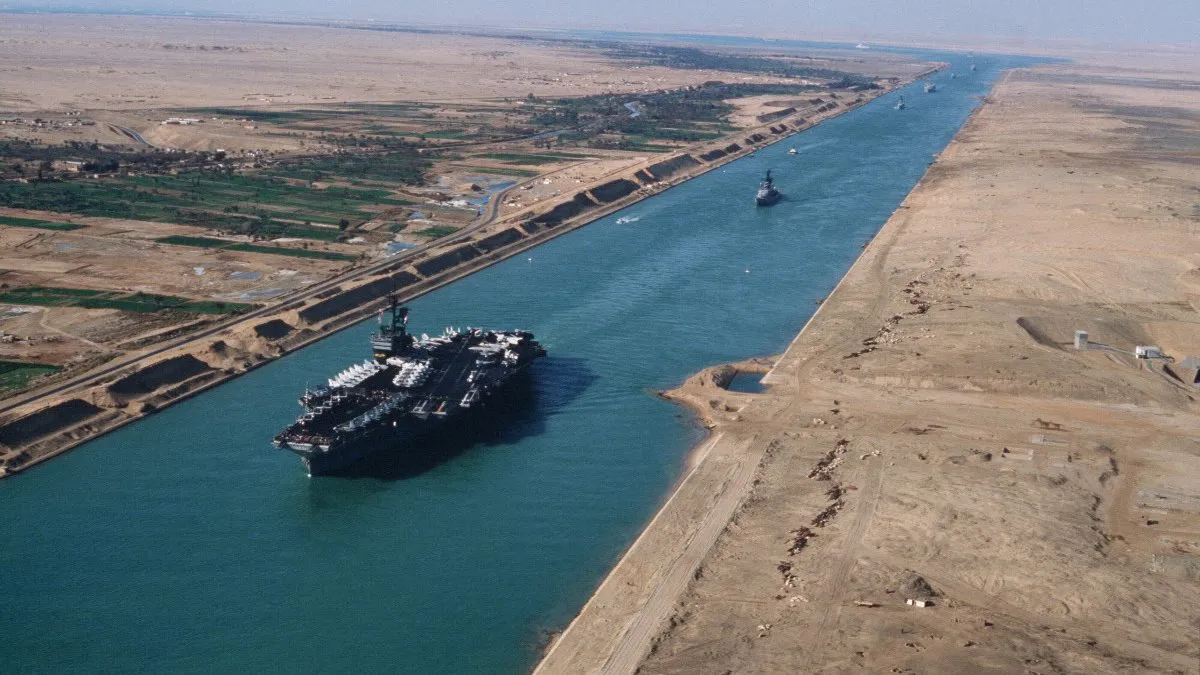
Egypt’s Suez Canal fees set to rise
CAIRO : Fees for transiting the Suez Canal are set to rise by 15% for most vessel types from the 15 January 2024 with some exemptions for container vessels out of North European ports.
General fees for container ships and car carriers as well as crude, chemical and product tankers and gas carriers will all see a 15% increase in Suez Canal transit charges, while dry bulk and roro vessels will be charged 5% more from the same date, according to the Suez Canal Authority (SCA).
However, an additional circular from the authority outlined that container ships heading to the Far Eastern destinations from North West Europe will be exempted from the increase in canal charges.
“Container ships directly coming from ports in north west Europe (and Tangier port) starting from Algeciras port and heading to (Port Klang) and its Eastern ports in south east Asia and the Far East are exempted from the 15% increase,” said the Suez Canal Authority.
The exemption of fees for container ships sailing directly to the Far East will also be in place from 15 January, but will expire on 30 June 2024, it is unclear if there will be an extension at that point.
Vessel operators that want to be exempt from the higher charges must submit a request through the company’s shipping agent stating the vessel’s details, cargo details, the ship’s port of origin and destination, prior to the departure of the vessel from the European port and its scheduled arrival time at Suez.
In addition, the authority stipulates that the ship should not call at any intermediate ports during its voyage from North Europe to the Far East for any commercial purposes.
“In case the vessel has called at any intermediate ports for non-commercial purposes a certificate issued by the port authority or other competent authority will be required stating the reason for the call,” stipulated the Suez authority.
Industry observers said the exemption for container ships is designed to encourage vessels that currently make the backhaul journey via Africa’s Cape of Good Hope to return to the shorter Suez Canal route.
Chronic overcapacity has seen some carriers, notably Ocean Network Express, reduce the level of available capacity by slowing ships down and by sailing via the Cape adding over 3,000nm to the vessels’ journey, 11,720nm compared to 8,440 via Suez.
In 2020, a number of operators started to sail their vessels via the Cape of Good Hope when a slump in demand due to Covid-19 and in oil prices saw bunker costs also decline substantially. In May 2020 heavy fuel oil was priced at under US$200/tonne. Today’s prices, however, are more than double that on average.
